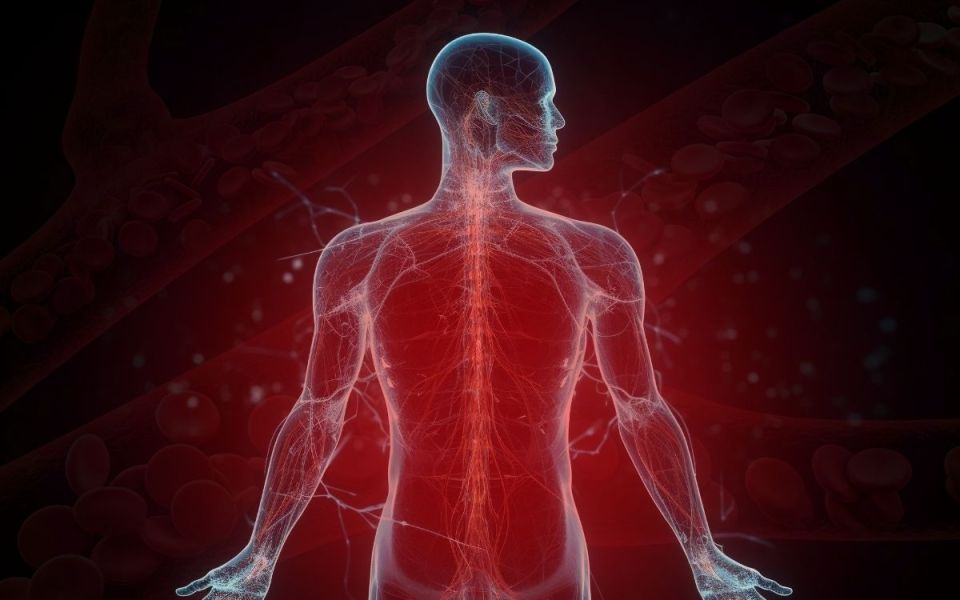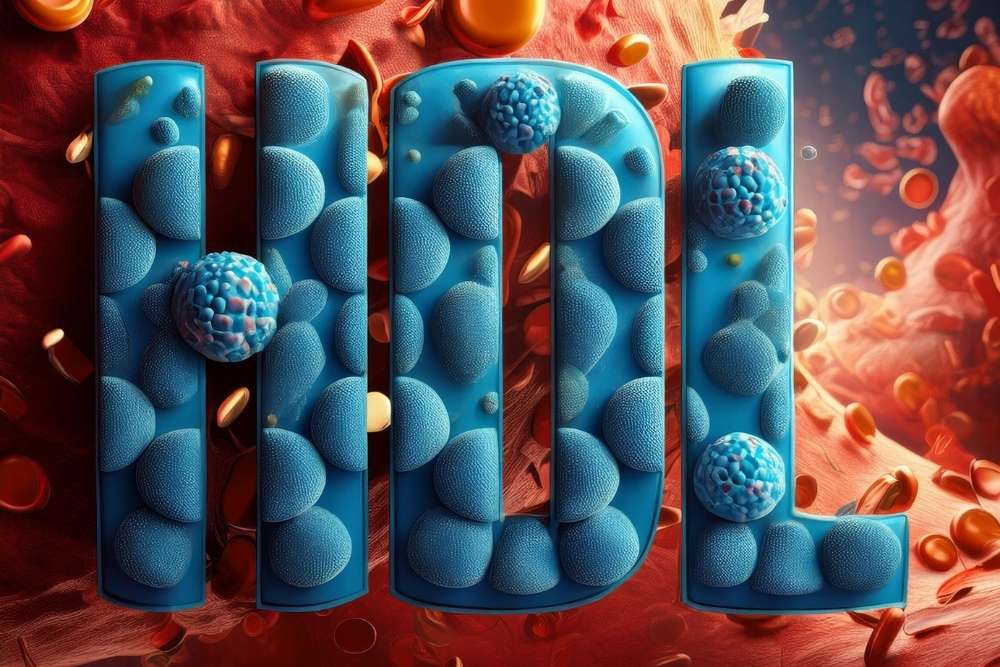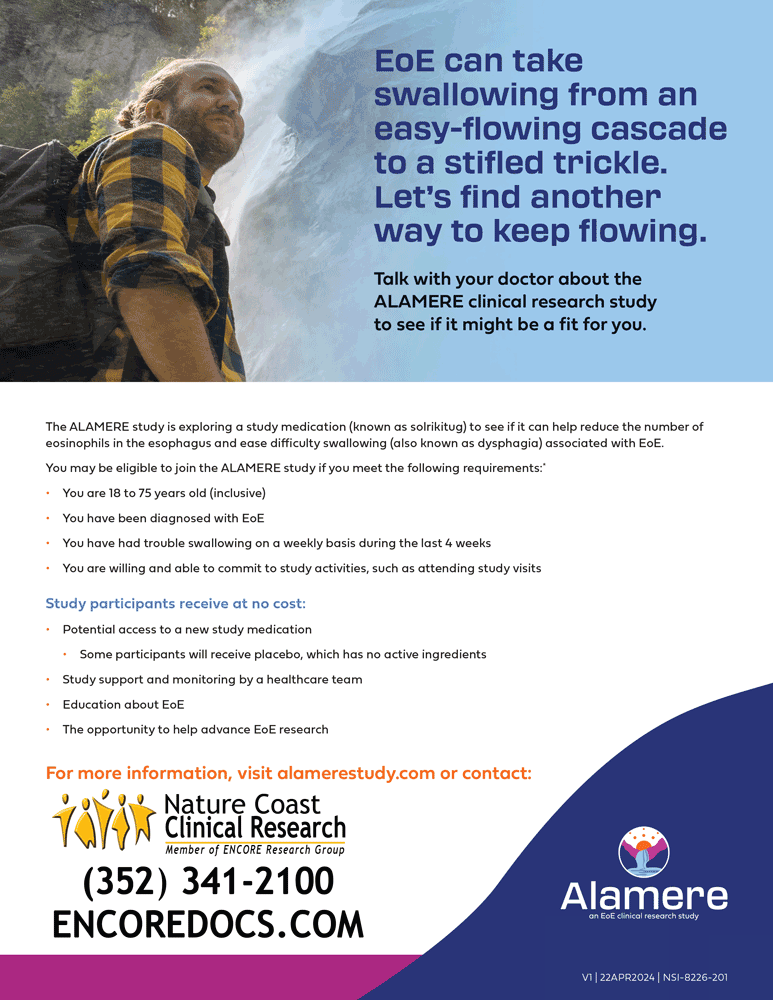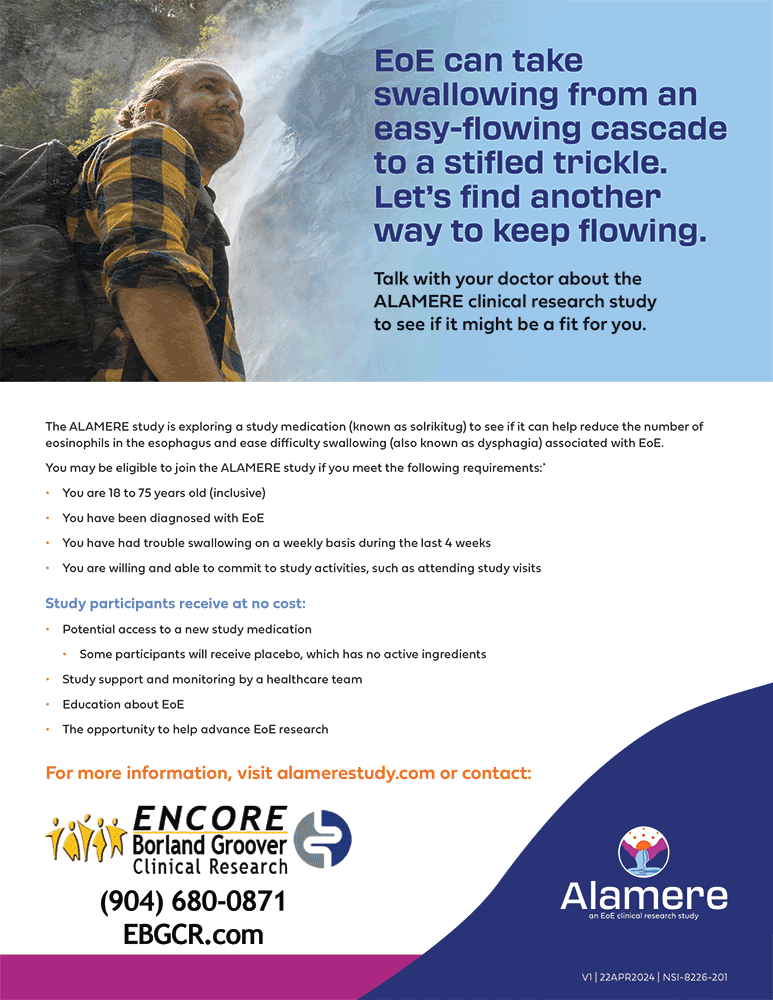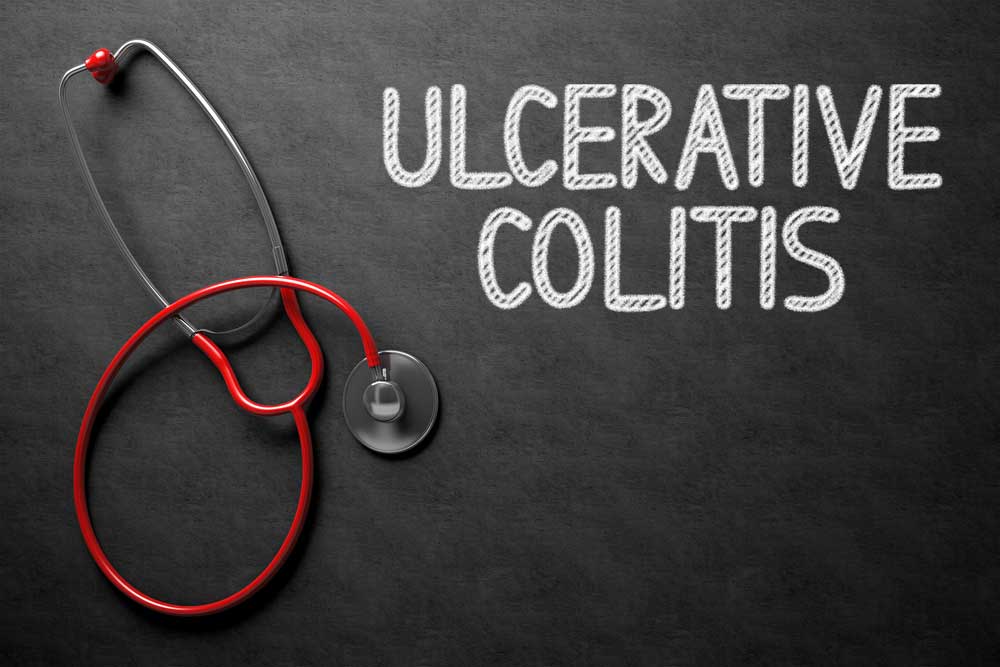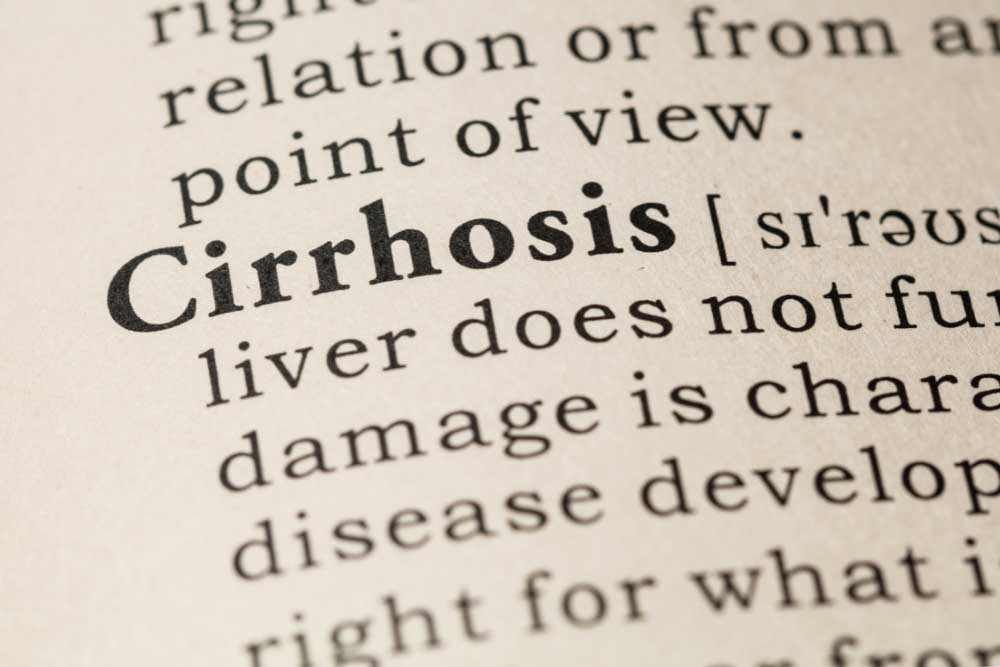
If you have Cirrhosis you may qualify for one of our studies.
Qualified volunteers may receive at no cost:
- investigational medication
- study-related care from a local doctor
- possible compensation
Ask your doctor or contact our clinic for more information.
- Fleming Island
- Jacksonville Borland Groover
- Jacksonville University Blvd.
- Jacksonville Westside
- Nature Coast – Crystal River
- Nature Coast – Inverness
- St. Augustine
Cirrhosis research is enrolling at:
Nature Coast Clinical Research – Inverness
411 West Highland Boulevard
Inverness, FL 34452
(352) 341-2100
ENCORE Borland Groover Clinical Research
4800 Belfort Road, Suite 301
Jacksonville, FL 32256
(904) 680-0871
Learn More
If you want us to contact you about our research studies call (904) 730-0166 or sign up below!
Read the latest posts by our expert clinical staff!


